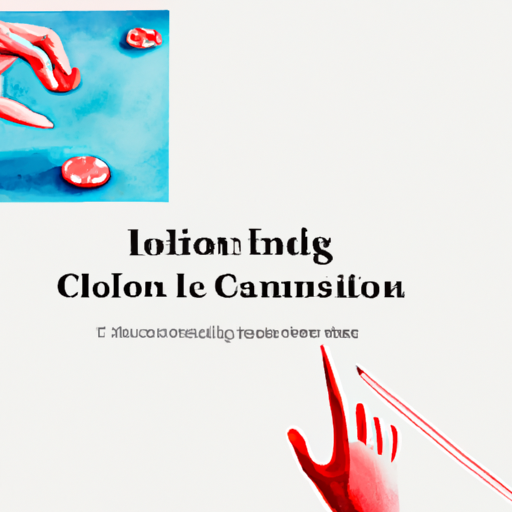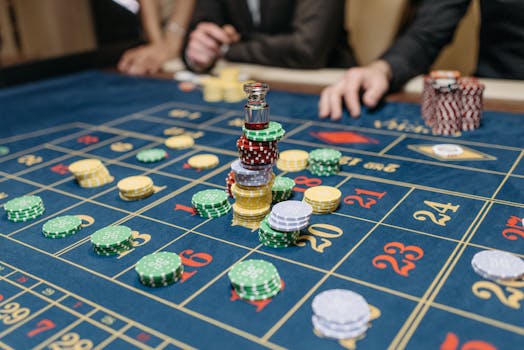How the Illusion of Control Affects Gambling Decisions
Gambling, a popular pastime across the globe, can sometimes lead to decisions that are less about luck and more about the perceived ability to influence the outcome. This perception is known as the illusion of control, a psychological phenomenon where individuals believe they can control or influence outcomes that are, in fact, largely determined by chance. Understanding how this illusion affects gambling decisions is crucial for both players and policymakers.
Understanding the Illusion of Control
The illusion of control was first identified by psychologist Ellen Langer in the 1970s. It occurs when gamblers believe their involvement or action directly influences a win or loss, despite the outcomes being random. This can manifest in various behaviors like blowing on dice, wearing lucky charms, or even playing more frequently.
Approaches to Mitigate the Illusion of Control
- Educational Programs
Educational initiatives that teach gamblers about randomness and the true nature of gambling can reduce the illusion of control. These programs aim to inform players about the statistical probabilities and the independence of each event.
Advantages:
- Increases awareness about gambling realities.
- Empowers players to make informed decisions.
Disadvantages:
- May not be compelling enough to change deeply ingrained beliefs.
- Requires continuous effort and resources to reach a broad audience.
- Regulation and Policy-making
Governments and regulatory bodies can implement policies that require casinos and gambling platforms to display clear information about odds and randomness. This includes messages or warnings about the illusion of control.
Advantages:
- Creates a safer gambling environment.
- Helps in reducing problem gambling.
Disadvantages:
- May be perceived as restrictive by businesses and hardcore gamblers.
- Enforcement can be challenging.
- Cognitive-behavioral Approaches
This involves therapy and counseling to help gamblers understand and rectify their beliefs about control. Cognitive-behavioral therapy (CBT) can be particularly effective in helping individuals recognize and alter irrational thought patterns.
Advantages:
- Provides direct intervention.
- Can lead to long-term changes in gambling behavior.
Disadvantages:
- Access to therapy can be limited based on geographic or economic factors.
- Requires willingness from the gambler to participate and change.
Practical Examples
Consider a study where participants were shown that outcomes of supposedly skill-based gambling games were actually random. This intervention significantly reduced their illusion of control and subsequently their gambling behavior.
Another example is the implementation of mandatory disclaimers in casinos in some countries, reminding players that "Past success at gaming does not influence future outcomes."
Conclusion
The illusion of control is a significant factor influencing gambling decisions. By understanding and addressing this phenomenon through education, regulation, and therapy, gamblers can be better equipped to make decisions that are based on reality rather than misconception. Whether you are a gambler or a policymaker, recognizing the impact of the illusion of control is the first step towards fostering safer and more responsible gambling practices.
For more information on how to handle gambling and understanding the risks involved, visit [reliable online source].
Encouraging a more informed approach to gambling can help mitigate the risks associated with the illusion of control. Always remember, gambling should be enjoyable and conducted responsibly.

.png)



